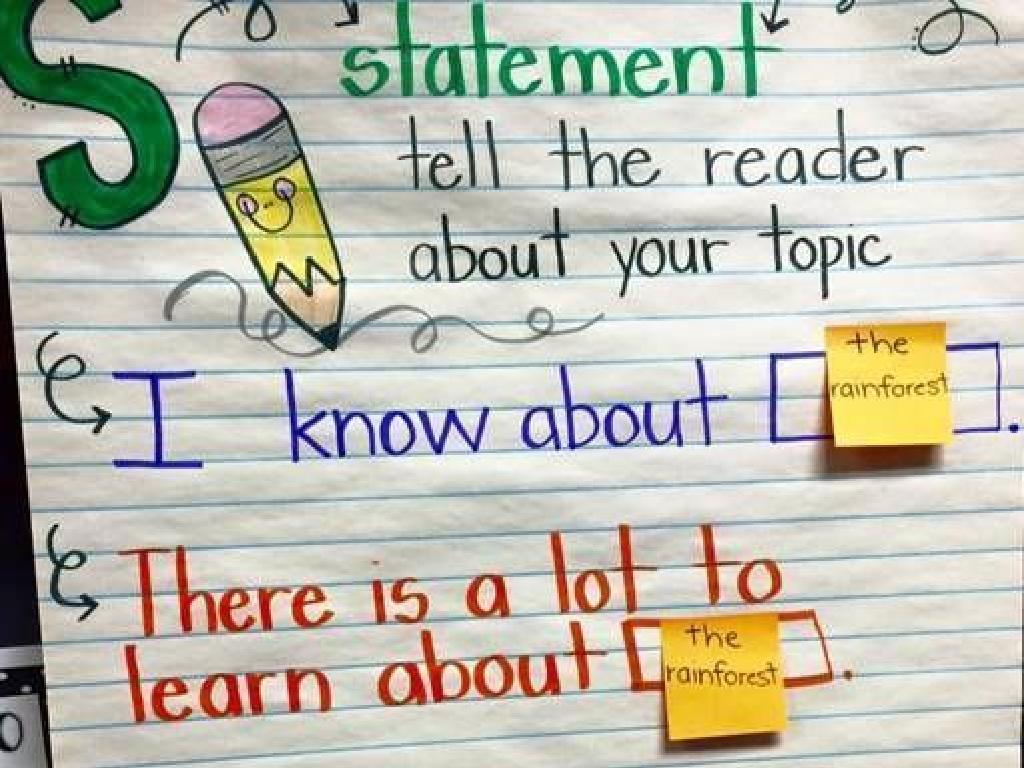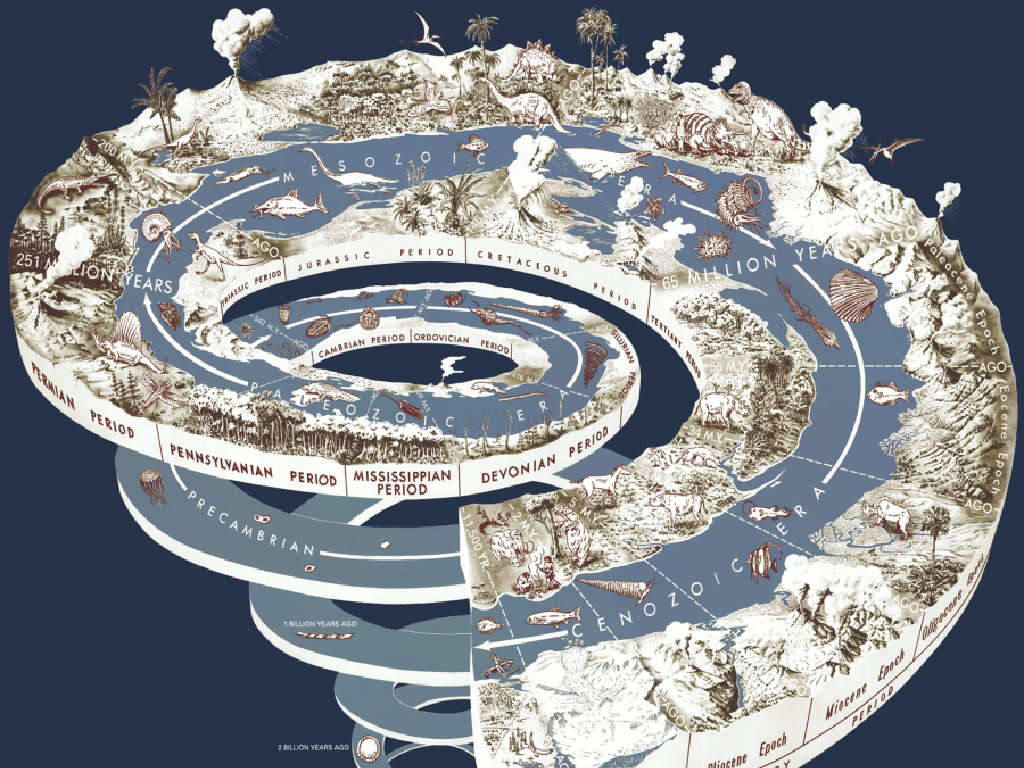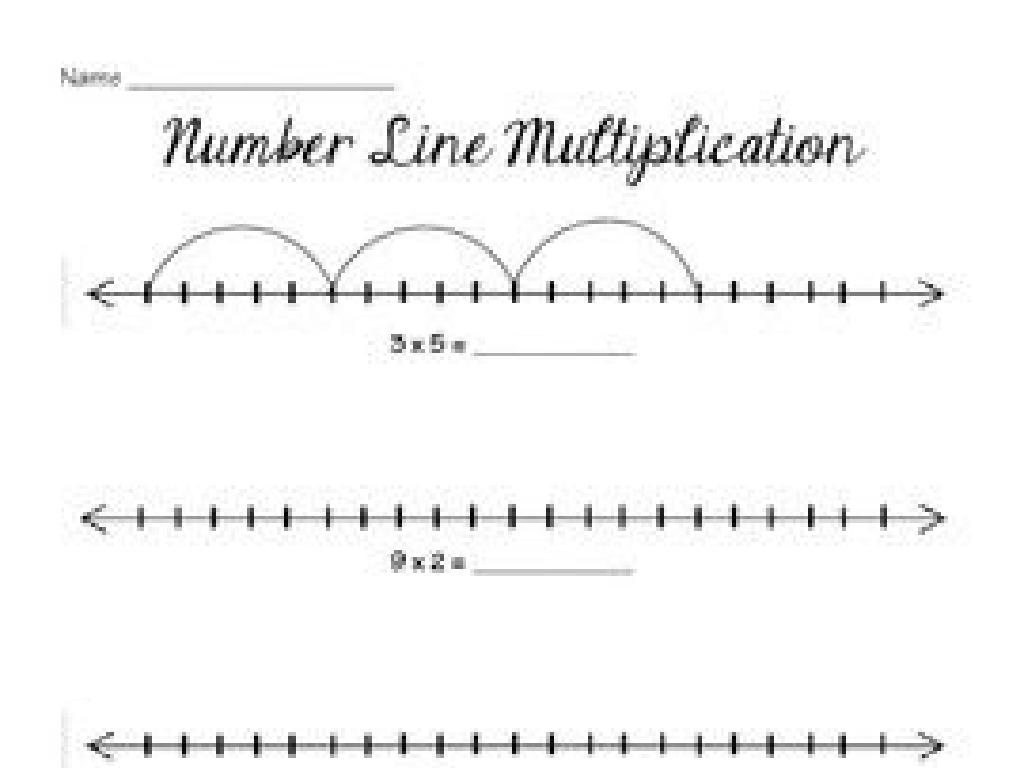The Enlightenment: Origins And Natural Rights
Subject: Social studies
Grade: Eighth grade
Topic: Early Modern Europe
Please LOG IN to download the presentation. Access is available to registered users only.
View More Content
Welcome to the Enlightenment
– Early Modern Europe intro
– Defining the Enlightenment
– An intellectual movement emphasizing reason and individualism
– Concept of ‘Natural Rights’
– Rights inherent to all humans, not dependent on laws
– Enlightenment’s impact on society
– Sparked revolutionary ideas in governance and human equality
|
This slide introduces students to the Enlightenment within the context of Early Modern Europe. The Enlightenment was a pivotal intellectual movement that championed reason, science, and individualism over tradition and superstition. Key to this era was the concept of ‘Natural Rights,’ which posited that certain rights were universal and inalienable, such as life, liberty, and property. These ideas significantly influenced political thought and reforms, laying the groundwork for modern democracies and legal systems. Encourage students to consider how these revolutionary ideas continue to shape our understanding of human rights and the role of government today.
The Enlightenment: A New Wave of Thinking
– Emergence of Enlightenment
– A European intellectual movement in the 17th-18th century
– Enlightenment: The Age of Reason
– 17th and 18th century Europe emphasized reason, analysis, and individualism
– Influenced by Scientific Revolution
– Scientific discoveries questioned traditional views, influencing Enlightenment thinkers
– Renaissance: A precursor
– Renaissance art and humanism paved the way for Enlightenment ideas
|
The Enlightenment was a pivotal cultural movement that emerged in Europe, bringing a shift from traditional to progressive thinking. It’s often referred to as ‘The Age of Reason’ because it emphasized logic and evidence over superstition. Key precursors to this movement were the Scientific Revolution, which challenged the church’s authority with empirical evidence, and the Renaissance, which revived interest in art, science, and the philosophies of antiquity. This slide will introduce students to the origins of the Enlightenment, setting the stage for understanding its impact on modern thought and the development of natural rights.
Enlightenment Thinkers and Their Ideas
– John Locke’s ‘Tabula Rasa’
– Locke believed the mind was a blank slate at birth, shaped by experience.
– Voltaire: Freedom of speech & religion
– Voltaire fought for civil liberties and the freedom to believe and express.
– Montesquieu: Separation of powers
– Montesquieu proposed dividing government into branches to prevent tyranny.
|
This slide introduces students to key philosophers of the Enlightenment and their central ideas that have shaped modern democratic societies. John Locke’s concept of ‘Tabula Rasa’ emphasizes that knowledge comes from experience and that people are born without innate ideas, which was a radical departure from previous thought. Voltaire’s relentless advocacy for freedom of speech and religion laid the groundwork for the rights we enjoy today. Montesquieu’s idea of the separation of powers is a cornerstone of the United States Constitution, ensuring that no single branch of government becomes too powerful. Encourage students to think about how these ideas impact their lives today and to discuss the relevance of these Enlightenment concepts in contemporary society.
The Enlightenment: Natural Rights
– Locke’s fundamental rights
– John Locke identified rights essential to individuals: life, liberty, and property.
– Inherent human rights concept
– The belief that rights are not granted by the government but are inherent to all humans.
– Impact on democracy
– Enlightenment ideas shaped modern democratic governments, emphasizing the protection of these rights.
– Life, Liberty, and Property
– These rights are the foundation for freedom and personal ownership in society.
|
This slide introduces students to the concept of natural rights as proposed by John Locke during the Enlightenment. Locke’s philosophy was that certain rights life, liberty, and property are intrinsic and should be protected by the government. This idea was revolutionary and laid the groundwork for modern democracy, influencing the Declaration of Independence and the Constitution. Students should understand that these rights are considered fundamental to the development of free societies. Discuss how these rights impact their lives today and how they are reflected in the U.S. Bill of Rights.
Impact of the Enlightenment
– Spread of ideas across Europe
– Enlightenment ideas traveled via books, letters, and philosophers.
– Salons as hubs of thought
– Salons, often led by women, were key venues for intellectuals to discuss and exchange Enlightenment ideas.
– Shaped the American Revolution
– Enlightenment principles of liberty and democracy inspired the American Revolution.
– Influenced the French Revolution
– Ideas of equality and citizens’ rights fueled the French Revolution.
|
This slide aims to highlight the far-reaching impact of the Enlightenment on Europe and the world. The Enlightenment was a remarkable period where ideas concerning reason, liberty, and the scientific method spread across Europe, challenging traditional authority and inspiring a wave of revolutionary thought. Salons played a crucial role in this intellectual exchange, providing a space for thinkers to gather and debate. These ideas were pivotal in shaping the American Revolution, influencing the Declaration of Independence and the Constitution. Similarly, the French Revolution was deeply rooted in Enlightenment concepts, leading to significant social and political changes. Encourage students to consider how these historical events demonstrate the power of ideas to transform societies.
Enlightenment Influence on Today’s Rights
– Enlightenment impact on governments
– Ideas like democracy and liberty shaped modern political systems.
– The Universal Declaration of Human Rights
– Adopted in 1948, it outlines fundamental human rights globally.
– Natural rights in today’s society
– Freedom of speech, equality before the law, and the right to education.
– Case studies of rights application
– Explore how these rights manifest in current events and law.
|
This slide aims to connect historical Enlightenment concepts to contemporary understandings of government and individual rights. Highlight how Enlightenment thinkers like John Locke influenced modern democracy, emphasizing liberty and justice. Discuss the Universal Declaration of Human Rights as a milestone document inspired by these ideas, which many countries strive to uphold. Provide relatable examples of natural rights in students’ lives, such as freedom of expression in social media and the right to education. Encourage students to think critically about how these rights are protected and challenged in current events, fostering an appreciation for the ongoing relevance of Enlightenment principles.
Enlightenment Thinkers Debate: Exploring Natural Rights
– Form groups for different philosophers
– Present philosopher’s views on natural rights
– Each group researches their philosopher, like Locke or Rousseau, focusing on their contributions to the concept of natural rights.
– Engage in a class debate
– Reflect on ideas’ relevance today
– Consider how Enlightenment ideas influence our modern understanding of human rights and freedoms.
|
This class activity is designed to immerse students in the philosophical debates of the Enlightenment period. By embodying different philosophers, students will gain a deeper understanding of the origins of natural rights. They will research figures such as John Locke, Jean-Jacques Rousseau, and Voltaire, and present their findings to the class. The debate will help students critically evaluate the relevance of Enlightenment ideas in today’s society. As a teacher, facilitate the debate by ensuring each group has a chance to speak and by guiding the discussion towards the impact of these historical ideas on contemporary issues. Possible activities include role-playing, creating posters, or writing brief essays from their philosopher’s perspective.






